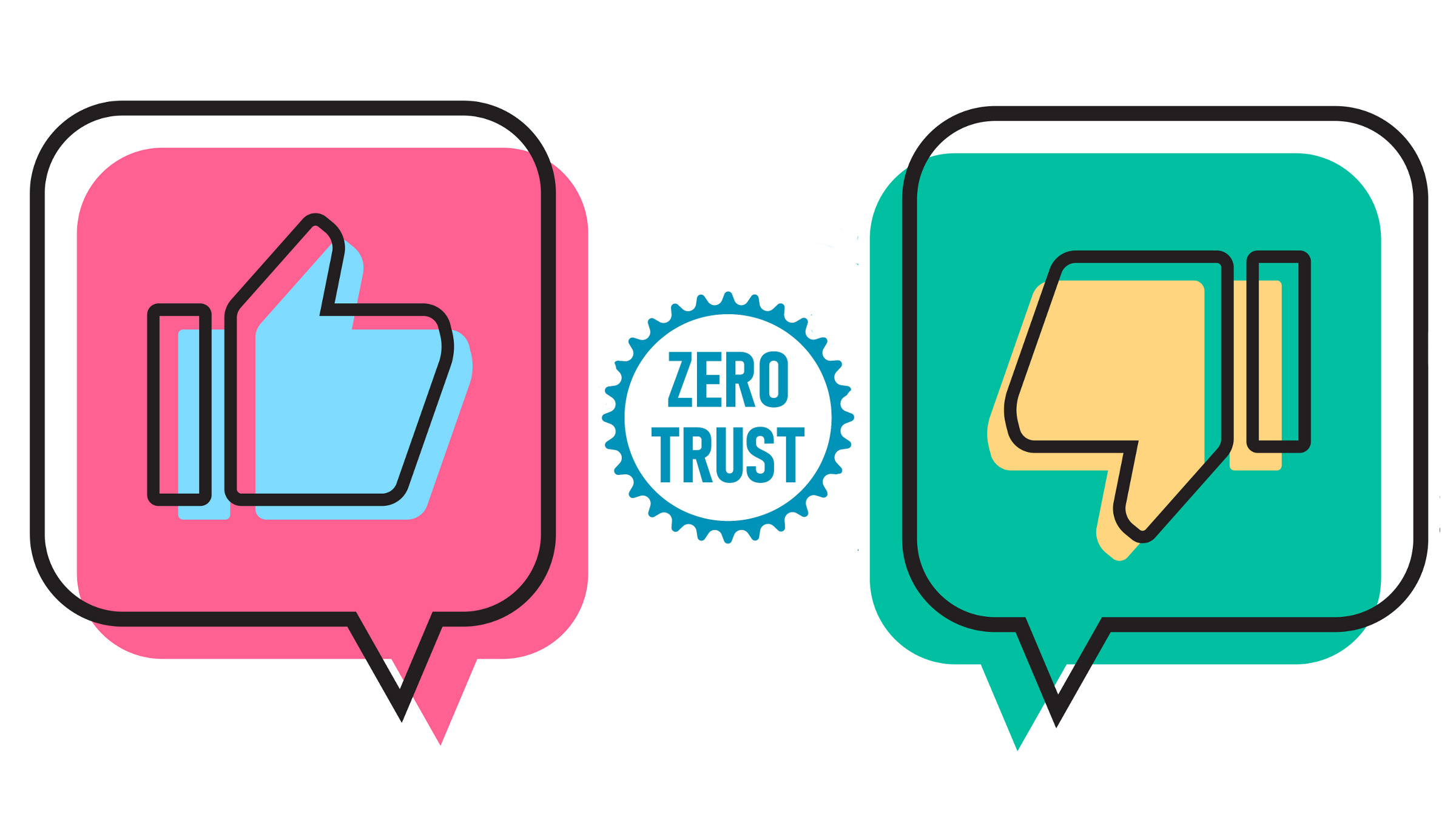
One hears from the science community that scientists need to stand up and explain their science to the public. The usual topics—climate change, evolutionary biology, stem cell research—are outside the normal scope of most ACM members. But we in the computer sciences are the experts on one matter that has enormous impact.
In the wake of the 2000 U.S. presidential election, Congress passed the Help America Vote Act (HAVA). The nation largely turned away from older election technology and moved to computer-based systems, in some states relying entirely on the software and the sometimes-arcane procedures that provided no secondary method against which to compare the tally produced by the software.
And now, as the HAVA machines age, many election officials around the country and around the world seem enchanted with the marketing hype of Internet voting software vendors and are buying in to the notion that we could—and should—vote online now and in the very near future.
Never mind the almost daily reports of data breaches of financial organizations with deep pockets to spend on securing their computers. Never mind that governments, with shallower pockets, are routinely hacked, or that former FBI director Robert Mueller went on the record that the only two kinds of computers are those that have already been hacked and those that no one has yet bothered to hack. Election officials seem in awe of ill-defined vendor terms like "military-grade encryption."
In a small corner of the ACM world, there are scientists who have wondered why officials making decisions are not hearing the message of computer security experts. It is time for that small corner to expand and for the membership to find a voice in hopes that election officials can be made to listen.
ACM members are moderately aware that Alex Halderman of the University of Michigan and his students (legitimately) hacked the test Internet voting software of the District of Columbia. They are probably less aware that Halderman and Vanessa Teague of the University of Melbourne just last month demonstrated that vendor software in the process of being used for an Australian state-wide election was subject to a standard security flaw. Teague and Halderman responded in the best manner of professionals recognizing a flaw: they alerted the Australian CERT, which alerted the New South Wales Election Commission, which patched the software. And then Halderman and Teague went public. But the software patch to prevent votes from being intercepted and changed in flight to election central did not happen until one-fourth of the total online votes had already been cast.
The response from the New South Wales Election Commission (NSWEC) was both dismissive and frightening. On the one hand, it was admitted the NSWEC had factored the likelihood of corrupted votes into their analysis. On the other hand, they targeted Teague with a formal complaint to her university, accusing her of a breach of ethics and suggesting further that a DoS attack was coming from the University of Michigan. The NSWEC then had the audacity to publish with the vendor a puff piece on the online voting without once mentioning the security flaw.
The recent Australian election is not an anomaly. Many U.S. states are toying with the notion of online voting, contracting their elections to private companies whose code has never been given a public vetting. As scientists, we would all probably rather be doing science than trying to find ways to convince the public and its election officials that security online today is not up to the task of voting online today. But the need is critical for disseminating to the public the hard facts about computer security and the huge risks of online voting. We must take this on as a professional responsibility. The nation and the world deserve no less than our full involvement.
Guest blogger Duncan A. Buell is professor of computer science and engineering at the University of South Carolina whose research includes digital humanities and electronic voting systems.



Join the Discussion (0)
Become a Member or Sign In to Post a Comment